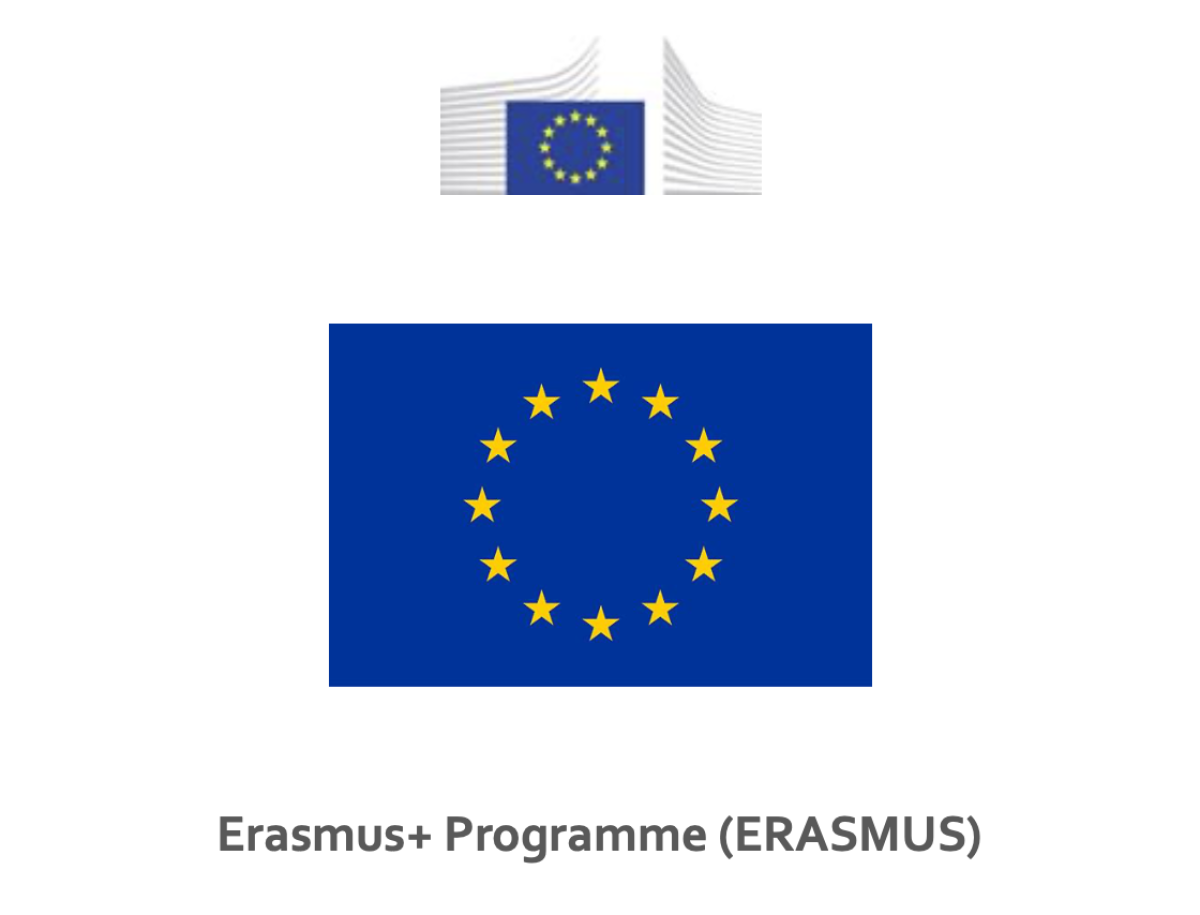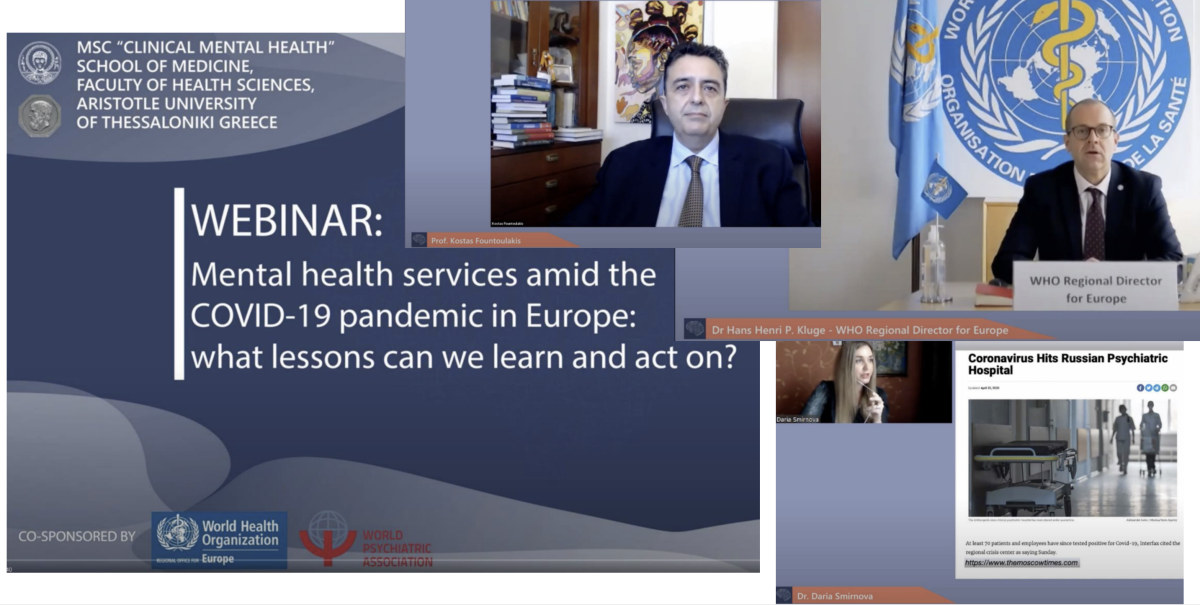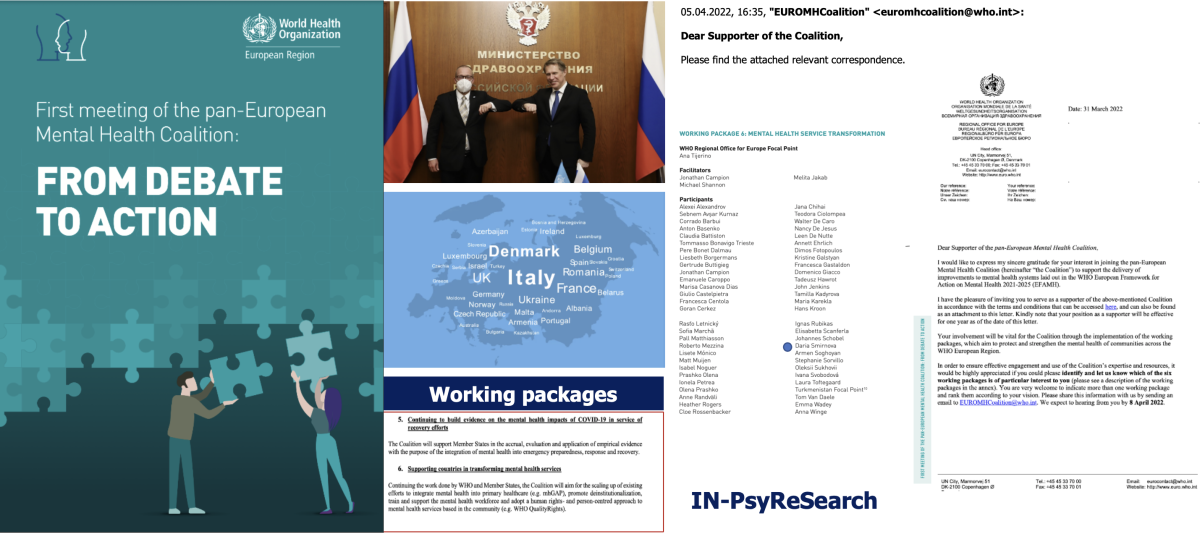Year 2021

Grant type:
Erasmus+ Programme (ERASMUS) – Erasmus Jean Monnet 2021 grant (EUR 15,000) approved
Call:
Call: [ERASMUS-JMO-2021-HEI-TCH-RSCH] — [Jean Monnet Actions in the field of Higher Education Teaching and Research]
Project Name:
Impact of Novel Virus on Brain and Society: Mind, Learn and Act for better Mental Health in European Union
Project acronym:
EU_MiLestoneActCOVID
Coordinator:
Daria Smirnova, Samara State Medical University
Project summary:
The COVID-19 pandemic brings challenges to governments, healthcare systems (mental healthcare), clinicians and researchers in the EU and worldwide. A range of neurological (e.g., encephalitis) and psychiatric (e.g., delirium) complications of a novel nature are observed in patients during the acute illness, which often and persist for months after the primary recovery. The pandemic has progressed to a psychodemic and syndemic, affecting communities with social distress, panic, fears, increased home violence, and protest movements that derive from conspiracy theories and hostile attitudes towards vaccination. In response to this complex scenario, universities must face the need to equip the new generation of professionals with special skills.
The study course (50 hours, bilingual hybrid format, information materials, video-content, web-page, social media) is unique for the EU, integrates the most relevant data on COVID-19’s impact on mental health and Society. It is managed by the International Centre for Education and Research in Neuropsychiatry (ICERN). The ICERN Faculty includes academic staff from Russia, France, Greece, Italy, Switzerland, WHO (Office in Europe) and World Psychiatric Association (European Zones) members, employed at ICERN by remote work contracts or collaborating via Advisory Board.
The course program consists of three sections:
- Novel virus (5 lectures, e.g. the history of pandemics, mental healthcare systems, virology in psychiatry),
- Brain (10, e.g. neuroimaging, neuropsychiatric complications of SARS-Cov-2, AI in the outcome prediction),
- Society (5, e.g. psychosocial vulnerability, emergency telepsychiatry, anti-vaccination propaganda), three webina rs, three e-discussion forums, five local seminars, three intermediate assessments, and a final test for certification. The course is addressed to a broad audience of doctors, undergraduate and postgraduate students, and researchers from EU wishing to upgrade their knowledge in the pandemic-associated neuropsychiatry

Concept and methodology:
The study course content
- integrates the most relevant data on mental health, neuropsychiatric complications of novel coronavirus infection, and social changes across pandemic,
- is unique for Russia and the EU and is up-to-date,
- is presented in modern hybrid (face-to-face and remote learning) stay-safe format to adjust the current realities of ongoing pandemic,
- is in bilingual format, which is important for Russian participants seeking to improve their English language skills for utilizing EU directions and approaches in the world renowned higher medical education,
- is managed by the multidisciplinary team of experts of the International Centre for Education and Research in Neuropsychiatry (ICERN), which has been recently established with the aims of integration into the international professional community.
ERASMUS Jean Monnet Module gives an excellent start-up for the ICERN as a model of international collaboration, which is the novel one for Russian realities. The COVID-19 pandemic has limited the opportunities for Early Career professionals and closed the borders between countries, but our international union of experts aims to cope with the barriers encountered along the way towards the common language and interdisciplinary knowledge in neuropsychiatry, thus addressing urgent current needs of society.
The course is addressed to the audience of students, medical doctors and researchers from EU
- wishing not only to upgrade their knowledge in the pandemic-associated neuropsychiatry, but also
- (desiring to discuss and seek pathways to improve the situation in modern medicine and society.
We address to the following important topics raised by the pandemic conditions:
(i) the need to pay proper attention to groups at risk (e.g. elderly, chronic patients with somatic disorders, dementia patients) and with psychosocial vulnerability (e.g. reactions of distress, anxiety, depressions, alcohol and drug consumption, internet addiction) across population who require psychological and psychiatric assistance;
(ii) the importance to modify approaches towards higher medical education in the field of neuropsychiatry (e.g. for timely diagnostics of mental disorders in primary care, and appropriate treatment) and to improve healthcare systems facilities and functioning (e.g. educated staff, telemedicine, personalised pharmacotherapy);
(iii) burgeoning requests from society to cope better with violence at home and in working environment (e.g. violence against women and against health professionals) and aggressive behavioural actions across community (e.g. antimask protests, anti-vaccination propaganda).
Monitoring of the course and evaluation of the knowledge acquisition is managed due through
(i) an interactive training format (such as seminars, meet the expert sessions, e-discussion forums, social events etc.),
(ii) the pre-assessment and intermediate test assessments, and
(iii) the final evaluation test, along with the participants’ discussion on their expectations met by the course.
Project management, quality assurance, and monitoring and evaluation strategy:
Venue: Samara State Medical University, Samara, Russia
Distant learning participants and EU lecturers: on-line platform
Local participants and lecturers: face-to-face in the video-conference room of the International Centre for Education and Research in Neuropsychiatry (ICERN)
Duration: 50 academic hours
Language: English, Russian
Key words (in alphabetic order): AI, anxiety, COVID-19, depression, delirium, digital mental health, distress, domestic violence, healthcare systems, innovation technologies in medicine, insomnia, neurobiology, neuroimaging, neurology, neuropsychiatry, pharmacotherapy, psychiatry, social behaviours, telemedicine, vaccination, virology in neuropsychiatry
Education format: hybrid (remote & face-to-face events)
Evaluation: three intermediate assessments and final test for certification.
Topic 1,2,3 Intermediate assessment e-tests and Final test.
On-line assessment at the Project web page – 10 randomly selected questions with scoring from 1 to 10 each. Pass Score 70-100.
Accreditation: certificate of Samara State Medical University according to the ERASMUS policy book











